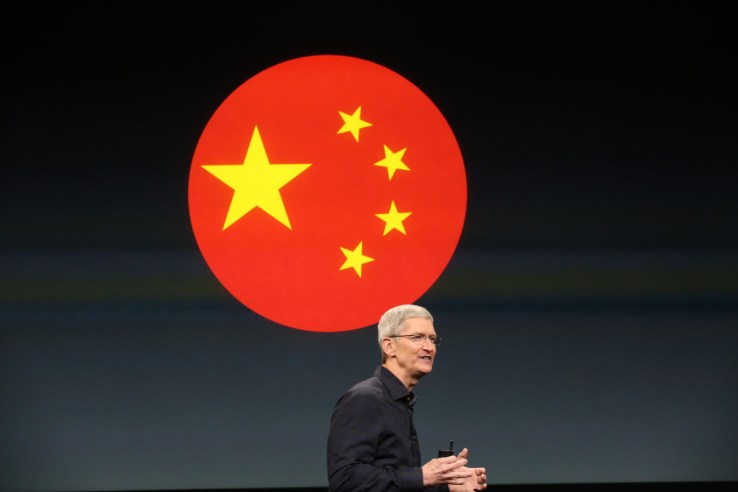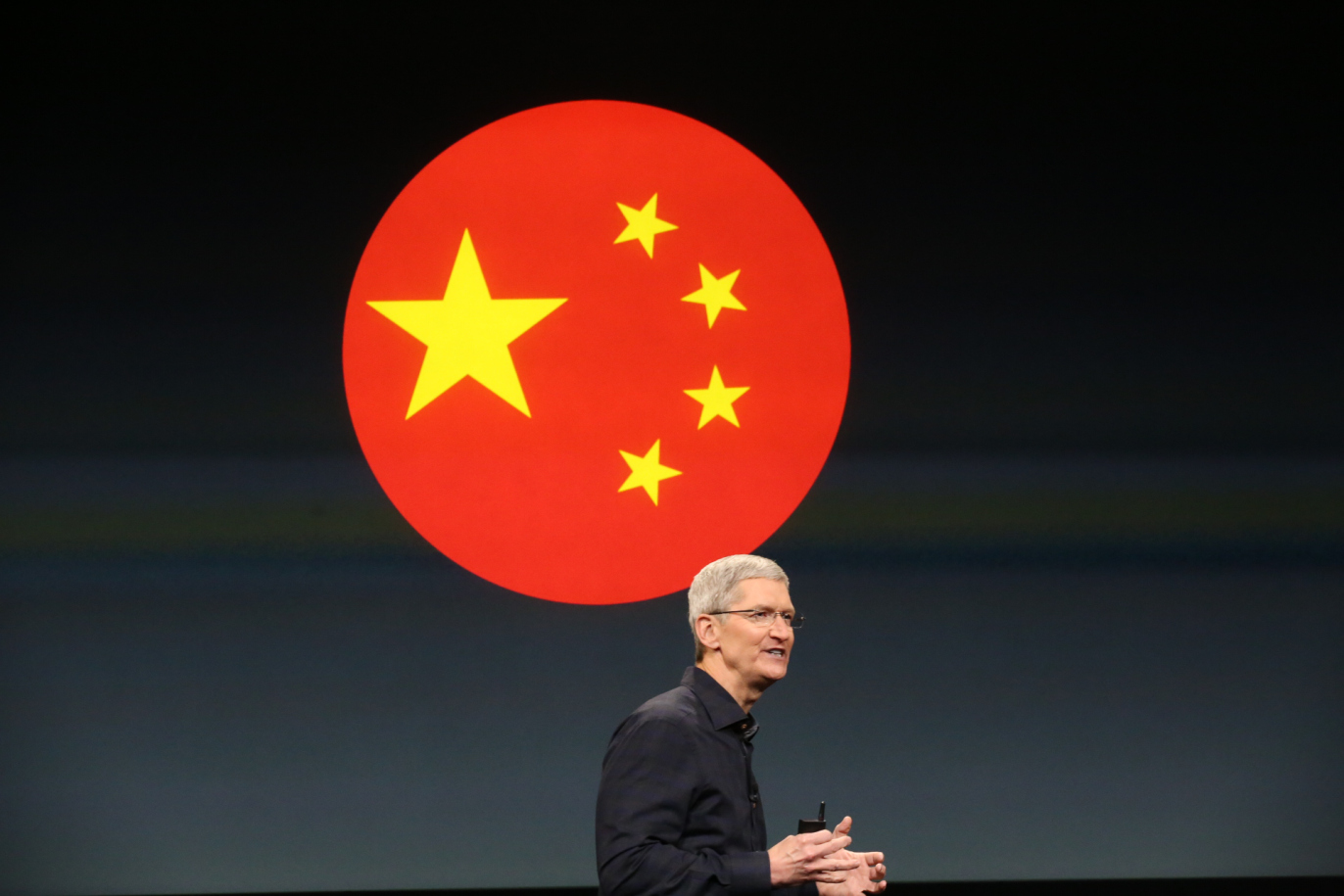Apple’s China iCloud data migration sweeps up international user accounts

Apple’s plan to migrate China-based iCloud user accounts to a local host on Chinese soil is already running into controversy after the iPhone-maker included accounts registered overseas in the data.
China-based users were informed of the upcoming migration yesterday, which Apple said “will allow us improve the speed and reliability of our iCloud services products while also complying with newly passed regulations that cloud services be operated by Chinese companies.”
However, after talking to a number of users, we found that Apple has included iCloud accounts that were opened in the U.S., are paid for using U.S. dollars and/or are connected to U.S.-based App Store accounts in the data that will be handled by local partner Guizhou-Cloud Big Data (GCBD) from February 28.
Apple has given China-based users the option to delete their data, but there is no opt out that allows them to have it stored elsewhere. That has concerned some users who are uneasy that the data migration is a sign of closer ties with the Chinese government, particularly since GCBD is owned by the Guizhou provincial government.
When asked for comment, Apple pointed TechCrunch to its terms and condition site which explains that it is migrating iCloud accounts based on the settings of their device, not where an iCloud account is registered or billed to.
The operation of iCloud services associated with Apple IDs that have China in their country or region setting will be subject to this transition. You will be notified of this transition via email and notifications on your devices. You don’t need to take any further action and can keep using iCloud in China.
After February 28, 2018, you will need to agree to the terms and conditions of iCloud operated by GCBD to keep using iCloud in China.
That means that those temporarily living in China, perhaps to study or work, will have their data exported into GCBD’s facility. That massively irritated those we spoke to who feel trapped into the migration.
One user did find an apparent opt-out. That requires the user switching their iCloud account back to China, then signing out of all devices. They then switch their phone and iCloud settings to the U.S. and then, upon signing back into iCloud, their account will (seemingly) not be part of the migration.
Opting out might be a wise-move, as onlookers voice concern that a government-owned company is directly involved in storing user data.
“The biggest questions, not answered in the T&Cs are: What will Apple do when the Chinese authorities request a backdoor to access data that is encrypted? Will they continue to adhere to local laws and regulations and submit to the request? Or are they leaving this decision squarely in the hands of GCBD, their local partner?” Charlie Smith, a pseudonymous founder of censorship monitoring site Great Fire, told TechCrunch via an emailed statement.
The data change, which was originally announced last year, follows Apple’s decision to ban VPNs from the Chinese version of the App Store in July. The U.S. firm later clarified that it was required to follow local laws on the matter — China has been battling against VPNs in recent years — but CEO Tim Cook has publicly said that he hopes China will reverse its stance in the future.
Apple wouldn’t be the first U.S. tech firm to run into difficulties when handling non-Chinese users with new policies. LinkedIn introduced restrictions on content for users in China when it launched a local service, but that included international accounts that were active in China. Similarly, international content was also found to have been censored from users in China in some cases.
Published at Thu, 11 Jan 2018 08:49:22 +0000




